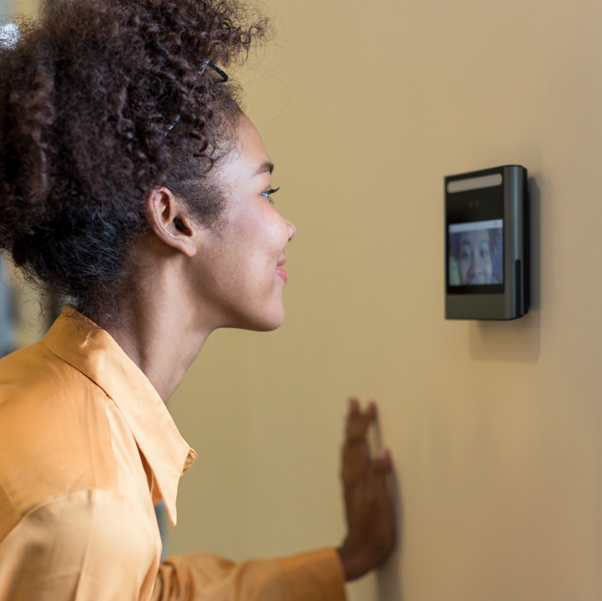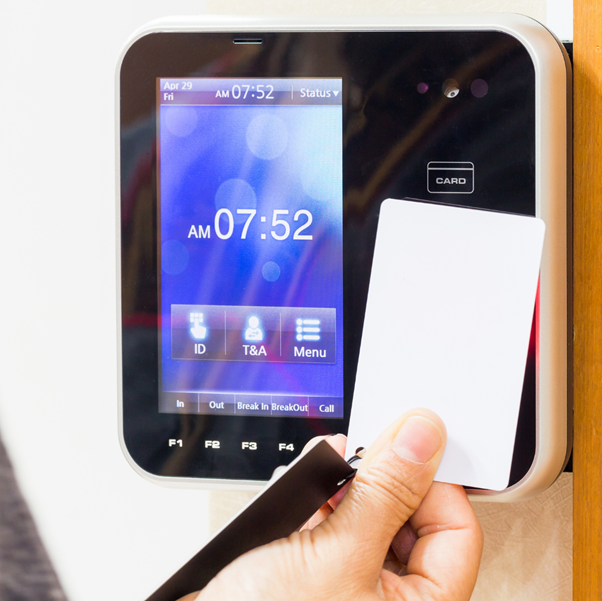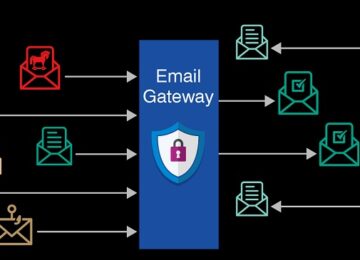The incorporation of access control systems in Singapore stands as a foundational pillar for fortifying safety protocols in Singapore. This article is dedicated to a pragmatic exploration of the applications and tangible benefits of access control management systems, unravelling their pivotal role in bolstering overall security measures.
Understanding the Foundations: Access Control Systems in Singapore
Access control systems form the linchpin of a robust security apparatus by regulating entry and exit points, and meticulously managing access to specific areas within a facility. In Singapore’s dynamic context, where security is paramount, ACS transcends conventional solutions. Ranging from traditional keycard systems to cutting-edge biometric solutions, these systems provide a comprehensive approach to controlling physical access, mitigating unauthorised entry, and ensuring the safety of personnel and assets.
The Integration Advantage: Seamless Coordination with Existing Security Measures
One hallmark strength of access control management systems lies in their seamless integration with existing security measures. In Singapore, where a comprehensive security ecosystem is essential, the amalgamation of ACS with surveillance cameras, alarm systems, and building management systems creates a unified security infrastructure. This integration not only streamlines monitoring, response, and reporting but also elevates the overall efficiency of security protocols.
Centralised Control: Unifying Access Management Across Multiple Locations
A distinctive feature of modern access control management systems is their centralised management capability. This centralised approach empowers administrators in Singapore to oversee and control access across multiple locations through a singular interface. Whether managing a single building or a network of facilities, centralised control ensures uniformity in security administration, simplifying the oversight process and facilitating swift responses to security events.
Enhancing Security Through Robust User Authentication
Security is bolstered significantly by the implementation of robust user authentication mechanisms within access control systems. In Singapore, where safeguarding sensitive information is non-negotiable, ACS employs diverse authentication methods. These methods include keycards, PIN codes, biometrics, and two-factor authentication, adding layers of security to ensure that only authorised individuals gain access to specific areas.
Monitoring and Audit Trail Capabilities: A Chronicle of Access Activities
A fundamental contribution of access control management systems is their role in monitoring and documenting access activities comprehensively. Every entry and exit is meticulously logged, creating an audit trail that proves invaluable for investigations, compliance adherence, and the identification of potential security breaches. This meticulous record-keeping aligns seamlessly with Singapore’s emphasis on accountability and transparency in security practices.
Efficient Visitor Management: Streamlining Access for External Stakeholders
In Singapore’s vibrant business environment, efficient visitor management is imperative. access control systems facilitate this by allowing organisations to generate temporary access credentials for visitors. Whether granting access to a specific area or during predefined time slots, ACS ensures that visitor access is controlled and monitored meticulously, contributing to a secure and orderly business environment.
Scalability for Growing Security Needs: Adapting to Expanding Business Horizons
As businesses in Singapore expand, so do their security needs. access control management systems are purposefully designed with scalability in mind. Whether it’s a small office or a sprawling campus, these systems can seamlessly adapt to evolving security requirements. The flexibility to add new doors, integrate additional devices, or expand user access ensures that security remains robust, accommodating the growing needs of businesses.
Ensuring Compliance with Stringent Regulations: A Crucial Security Pillar
In Singapore’s regulatory landscape, stringent compliance is a requisite in various sectors. access control systems actively assist organisations in aligning with these regulations by enforcing access policies and maintaining comprehensive records. Whether it’s adhering to data protection laws or industry-specific regulations, ACS contributes significantly to the overall compliance posture of businesses operating in Singapore.

Conclusion: A Holistic Security Approach in Singapore
The adoption of access control systems and their meticulous management in Singapore represents a strategic and holistic approach to security. From regulating physical access to seamlessly integrating with other security measures, ACS ensures a comprehensive and streamlined security infrastructure. As technology advances and security challenges evolve, the role of Access Control Management Systems remains pivotal in safeguarding businesses, institutions, and critical assets across Singapore. Contact iDLink Systems today to learn more.











